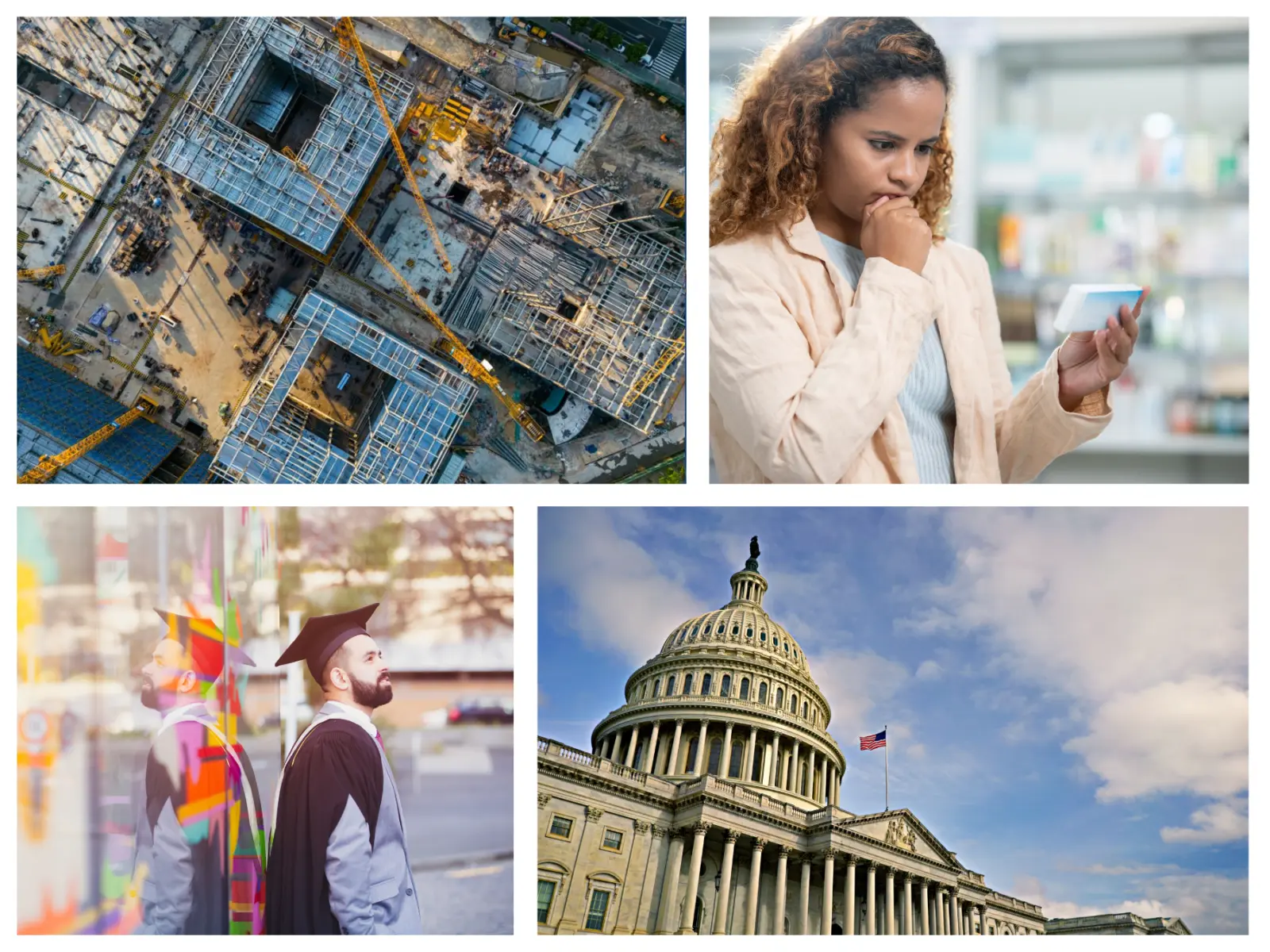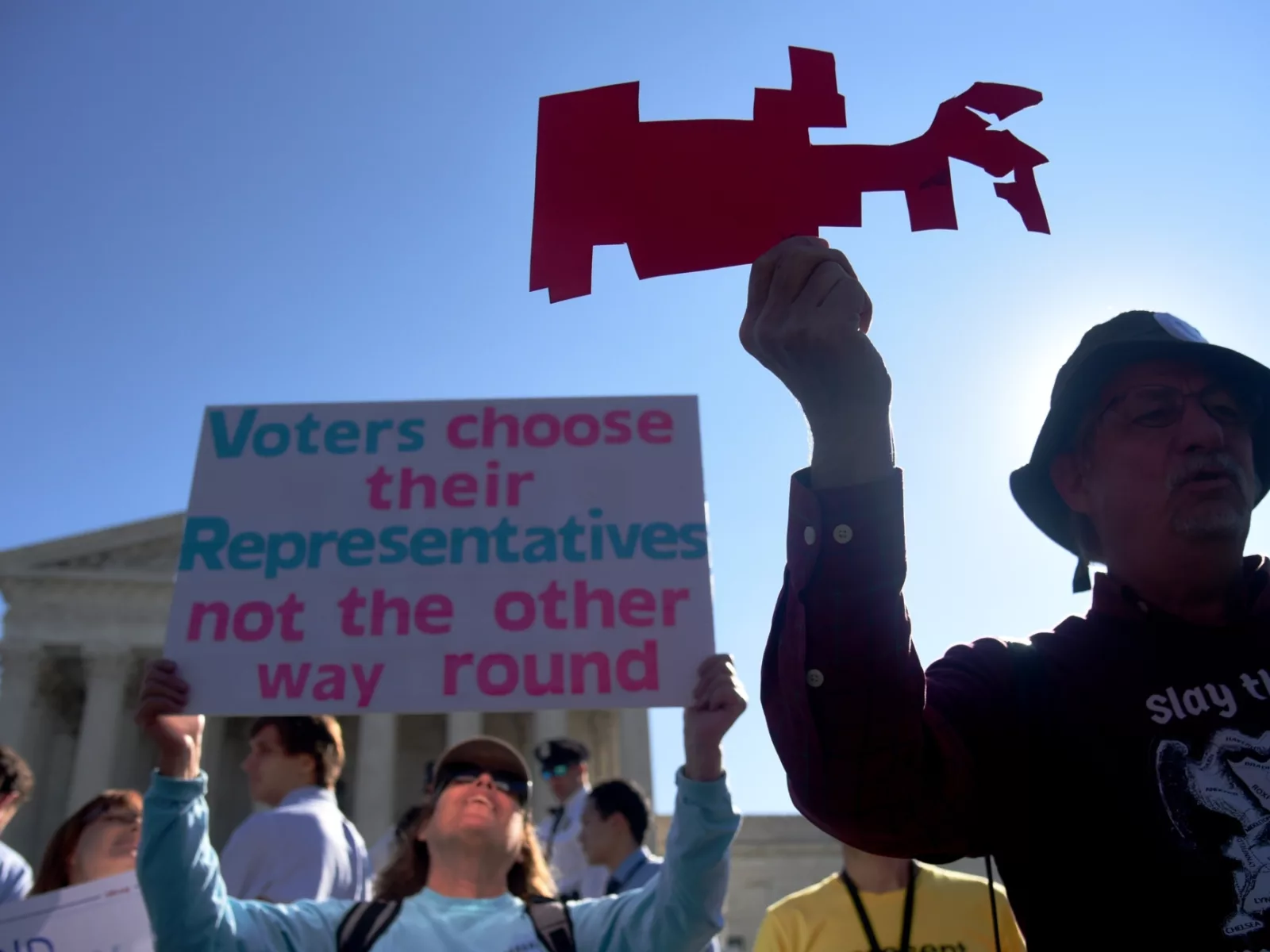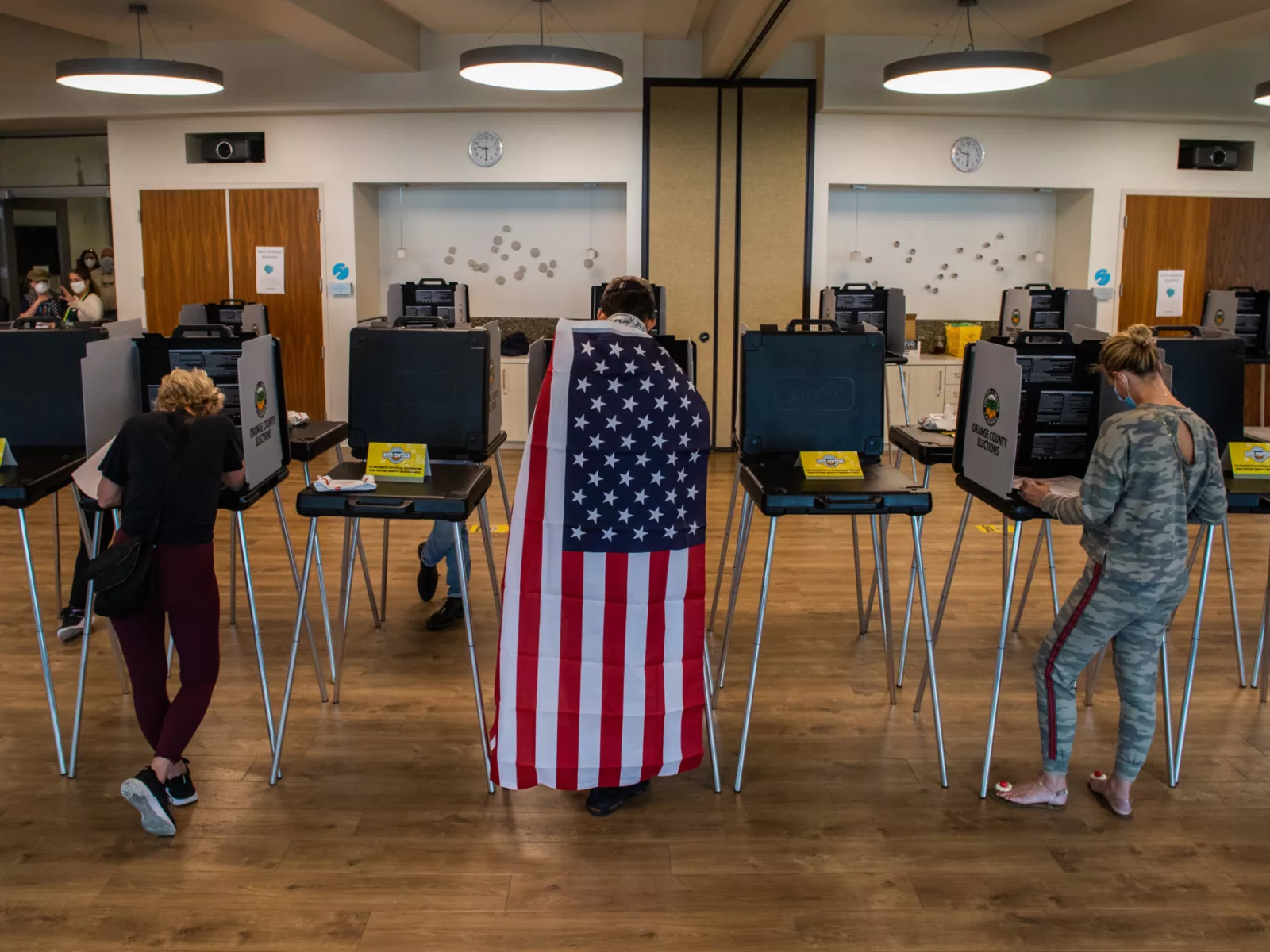For a time, Apple’s slogan was “Think Different.” You remember the ad, “Here’s to the crazy ones, the misfits, the rebels, the troublemakers, the round pegs in the square holes…” That spirit of thinking differently, of being unafraid to swim against the tide, has been a hallmark of the American experiment. This is a country built on bold ideas and leaders who were unwilling to lay down to the establishment. We are a country of nonconformists, of contrarians, and to this day we instill in our children the value of independent thinking. No parent wants their kid to grow up to be a lemming.
And yet, when it comes to our politics, most states have a system that is not only designed to incentivize conformity, it demands it. Traditional partisan primaries — especially those that ban independents from voting — punish the independent thinking that we so often lift up in other arenas. Instead, closed primaries reward orthodoxy, blind loyalty, and pandering to the base, who often prefer bomb-throwing warriors over consensus-builders. This is known as the “primary problem.”
Open primaries, on the other hand, reward independence, dissent, and principled action. They encourage elected officials to act with courage and cater to their entire constituency, not just party leaders or cable news networks.
Recent primary elections bore this out. In Michigan, South Carolina, and Wyoming, voters chose their candidates in traditional partisan primaries. Republican Reps. Peter Meijer, Tom Rice, and Liz Cheney, who all followed their conscience and voted to impeach former President Donald Trump, lost their races to Trump-backed challengers.
A different outcome developed in Washington and California, which employ open “top two” primaries, and in Alaska, which employs an open “top four” primary. These states allow all voters, regardless of party, to determine which candidates advance from the primary to the general election. In those three states, Republican Reps. Dan Newhouse, David Valadao, and Sen. Lisa Murkowski, who all voted for impeachment, are progressing to the November general election.
To be sure, each candidate’s primary had a unique dynamic. But the results may well have come down to the significant differences in their primary systems.
Incentives matter. Open primaries change more than who votes and wins — they change how winners govern. By design, open primaries encourage candidates to speak to the broadest spectrum of voters – not just the sliver that happens to vote in one party’s primary — and to emphasize issues of greatest concern in the district or state.
The open primary also allowed these candidates to buck party orthodoxy — and not only with their impeachment vote. Newhouse and Valadao have both championed thoughtful bipartisan immigration reform. Murkowski is legendary in her independence from her party’s policy agenda on everything from climate change to Supreme Court nominations. It makes sense. Elections that include all voters produce winners who care about all voters, and govern accordingly.
Politicians elected under closed primary systems, in contrast, have no incentive to be independent, because they have no constituency of independent or unaffiliated voters and no need to court their votes. Instead, they are punished and sent home when they try to exercise an original thought. And we wonder why the approval rating for Congress sits at 17%.
Partisan primaries make even less sense when fewer and fewer Americans identify with a political party. By Gallup’s estimates, a plurality of voters nationwide — 41% — identify as independents, far outpacing the 28% and 29% who identify as Republicans and Democrats, respectively. In 15 states, more than 20 million independents are barred from voting in primaries, despite the fact that these are publicly administered elections that all taxpayers pay for. Think about that. If you are an independent voter in one of those states, you are paying for a primary election that you are banned from participating in that will likely determine who represents you in Congress. Modern-day taxation without representation.
We all want leaders who put the best interest of our country before that of a political party. Tuesday’s results demonstrate that opening our primaries can reinforce our ideals — and move candidates to defend them. During this challenging period in our democracy’s history, open primaries offer a way forward. While not a silver bullet, they are an important step toward repairing what ails our political system and allowing our elected officials to take courageous votes when their conscience demands it.













